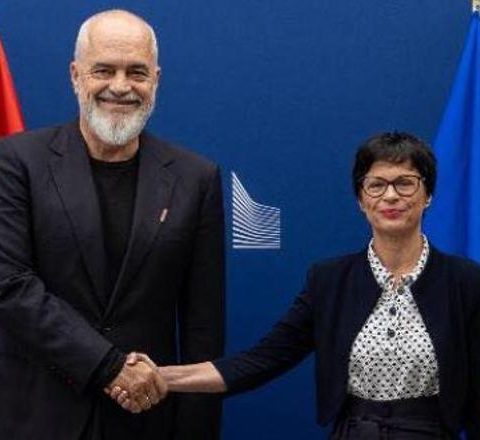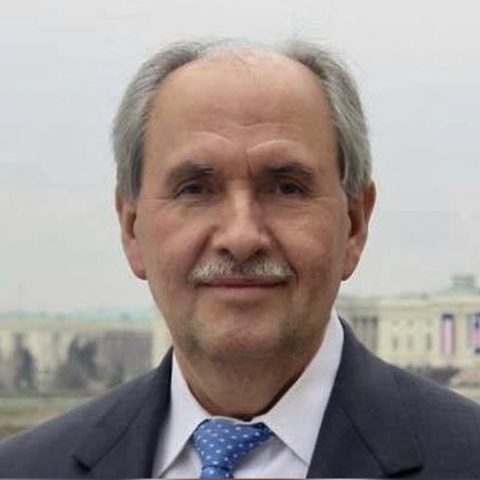Change font size:
The head of Albania’s opposition, Sali Berisha(1), Albania’s former President and a former two-term Prime Minister, was arrested on Saturday, Dec. 30, 2023. Mr. Berisha’s arrest follows a two-year period of dramatic developments for the Democratic Party, which has been in opposition since 2013. Led by Lulzim Basha, DP lost the parliamentary elections in April 2021 for the third time in a row. A month later, the party’s historic leader, Mr. Berisha, was declared persona non grata by the U.S. Department of State “for involvement in corruption” and “undermining democracy.” In September of that same year, the then chairman of…










